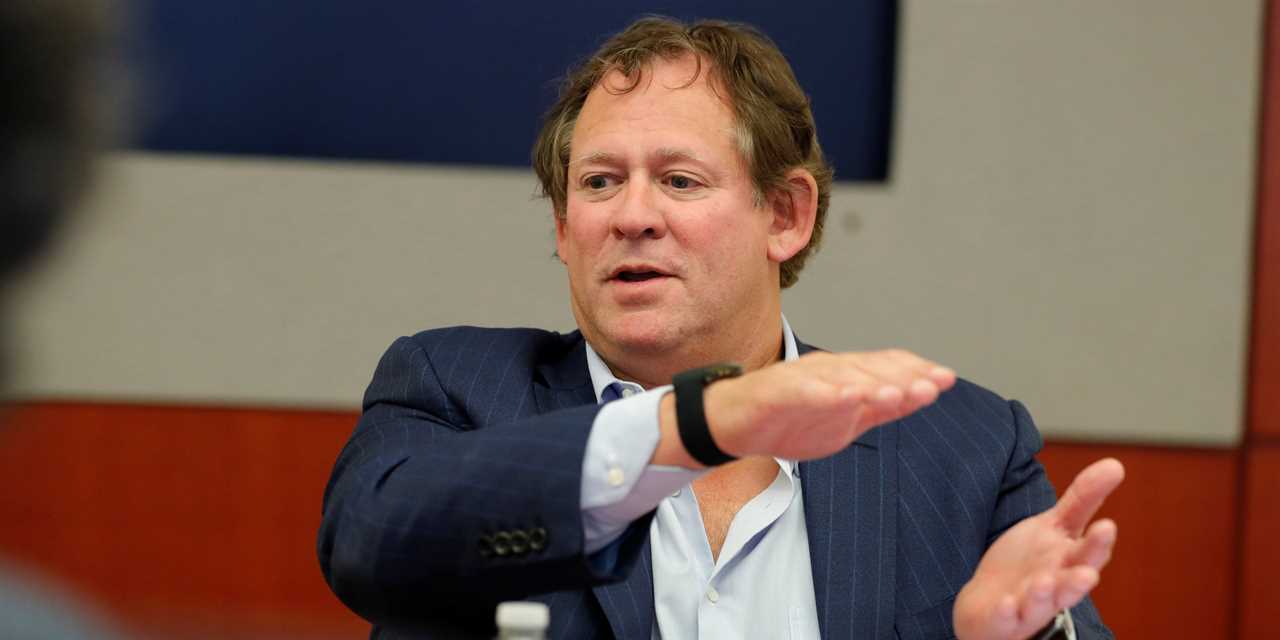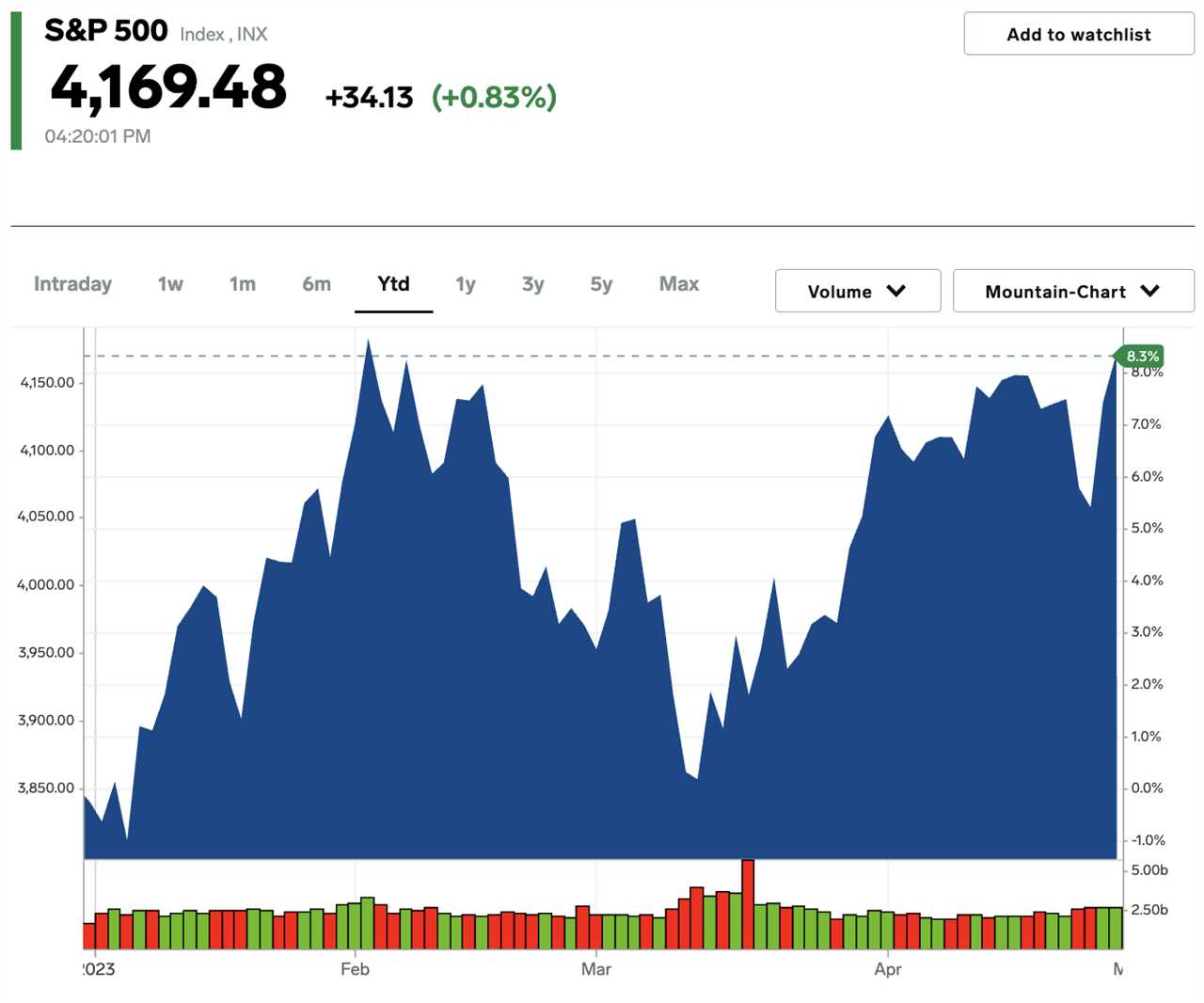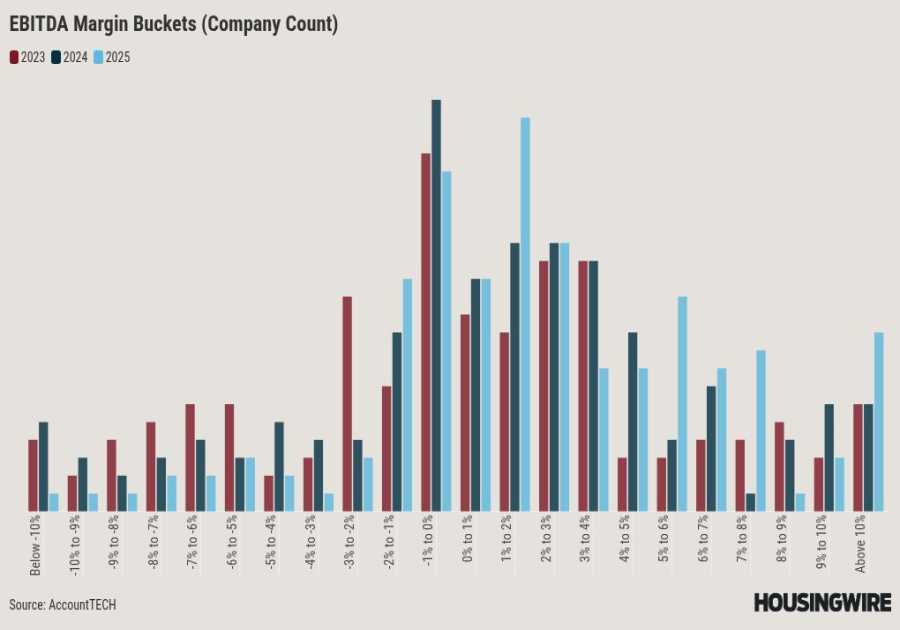Welcome back, readers. I'm Phil Rosen. I hope you enjoyed this weekend's NBA playoffs and new episode(!) of Succession as much as I did.
We have a lot of ground to cover today — starting with First Republic. The FDIC announced early this morning that the firm will be taken over by JPMorgan after being seized by regulators.
It's the second-largest bank failure in US history, and marks the third regional bank that's been taken over by federal regulators since March.
Shares of First Republic dropped more than 40% in pre-market trading today, while JPMorgan stock ticked 2.9% higher. Stay tuned for further developments — more on that here.
Let's check in on Russia's wartime economy.
If this was forwarded to you, sign up here. Download Insider's app here.
Sergei Karpukhin/Reuters
1. To the surprise of many forecasters, Russia's economy has held up better than expected as it carries on into the second year of its war on Ukraine.
Led by the US, Western nations have imposed unprecedented financial and trade sanctions on the country, but its economy is still chugging along at a steady clip.
"After a sharp drop in the second quarter of last year, the economy bounced back strongly in the third and fourth quarters, limiting the 2022 drop in output to 2.1 percent," the International Monetary Fund said of Russia in an April analysis.
The group continued:
"The momentum from the second half of last year is carried over to this year, with growth projected at 0.7 percent. A large improvement in the terms of trade and resilient oil export volumes in the course drove oil and gas revenues to record highs and supported the economy in 2022."
And leaked documents, first reported by the Washington Post, suggest that Russia can fund its war for at least another year.
Specifically, US intelligence says Moscow can rely on its sovereign wealth fund to help pay for its war efforts, as well as higher corporate taxes and ramped-up imports.
Vladimir Putin and other government officials have so far shrugged off the impact of sanctions.
But according to those documents, Russian Finance Minister Anton Siluanov had drafted a contingency letter in March for a "potentially embarrassing collapse" of state banks.
Not only that, but a separate forecast says Russia's pipeline gas exports are set to fall by 50% this year, which would cut further into its war revenue and weaken the economy's apparent resilience.
What's the next three months going to look like for Russia? Tweet me (@philrosenn) or email me ([email protected]) to let me know.
In other news:

Lucas Jackson/Reuters
2. US stocks futures are flat early Monday. The Dow is coming off its best month since January after finishing Friday's trading session 0.8% higher, while the Nasdaq made the largest weekly gain at 1.3%. Check out this morning's market moves.
3. On the docket: SoFi Technologies, Norwegian Cruise Line, and MicroStrategy, all reporting.
4. BlackRock's Rick Rieder manages $2.7 trillion and he just took home a Morningstar award for best portfolio manager. He told Insider how he's positioned across the stock and bond markets as the economy fades.
5. There's an unusual decline in housing inventory that's preventing home prices from dropping more. Redfin said new listings are down more than 20% from a year ago, and there are still more buyers looking for homes than there are homes for sale. Here's your housing update.
6. Nouriel Roubini sees only two possible outcomes for the economy and both look bleak. The "Dr. Doom" economist said the US will face either entrenched inflation, or a hard-landing recession. Solving the current predicament, he explained, is looking like "Mission Impossible."
7. Bank of America says indicators point to a downturn starting this quarter. Strategists pointed to a highly-watched signal that predicted the recessions of 1990, 2001, and 2008. Brace for impact.
8. Rent is still climbing across the US and millions of Americans are stuck with uncomfortably high payments. Yet, these 20 cities have actually become more affordable than last year.
9. Analysts ranked these eight stocks with strong buy ratings. The batch of names offer high dividends and more than 20% upside, according to a top fintech company. See the list.

Markets Insider
10. A top stock strategist said investors should sell the S&P 500 above 4,200. Beyond that level, BofA's Michael Hartnett said investors should be wary even as earnings continue to surprise to the upside: "We stay bearish as economic ambiguity of 2023 set to end with crack in labor market & EPS recession."
Curated by Phil Rosen in New York. Feedback or tips? Tweet @philrosenn or email [email protected].
Edited by Max Adams (@maxradams) in New York.
Read More
By: [email protected] (Phil Rosen)
Title: Russia’s battered wartime economy is still chugging along as it taps its wealth fund, raises taxes, and ramps up imports
Sourced From: www.businessinsider.com/russia-wartime-economy-markets-investing-wealth-finance-forecast-stocks-outlook-2023-4
Published Date: Mon, 01 May 2023 10:18:00 +0000
.png)





